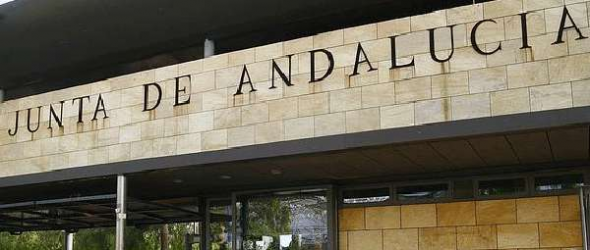Reduced Transfer Tax (2%) on Resale Properties in Andalucia

Transfer Tax in Spain, and more specifically in Andalucia, has been consistently raised in the last years. Up until the 31st of December 2011, Transfer Tax on resale property was capped at 7% (6% some years before) but, as if the worldwide housing slump had not reached this region, the Socialist Government chose to increase it to 8%, 9% and 10%, applied on purchase price segments of 0-€400k, €400k-€700k and €700k and above, respectively.
Madrid, on the contrary, thought that it was wiser to bringing it down by 1%, from 7 to 6 (a little incentive to make up for lack of good weather it seems).
But going back to Andalucia, not all transactions are taxed at rates close to double digits: property professionals that buy resale property and sell it within 5 years can benefit from a reduced 2% rate.
So what are the requirements that have to be met?
- That the property is for living accommodation purposes (commercial and land are excluded).
- That the unit(s) remain(s) registered in the same form (i.e. buying a plot with a derelict property to rebuild and divide up into several units will not qualify).
- That the property is sold within 5 years from purchase, and the sale is not VAT subject (selling with VAT will occur when a property professional rebuilds, adding value, and sells choosing to add VAT on).
- That the property professional is registered with the Tax Office with one of the following codes: 833, 833.2, 861 and 861.1.
- When completing the purchase transaction at the Notary, that the buyer officially confirms that he is a property professional and the asset will be categorized as a “current asset” (i.e. reasonably expected to sold, consumed or exhausted through the normal operations of business), that he wishes to avail of the tax reduction and that he intends to sell within 5 years.
Does this scheme make sense financially?
Three points to be considered when opting to go down this route:
- The pretty stiff closing costs in Spain if you add buying and selling costs: these can reach 20% if one factors in Transfer Taxes, Legal Costs, Real Estate Agency Fees and Capital Gains Tax (full cycle). By taking up this option, anything between 6% and 8% can be saved.
- The “running costs” of being a property professional: by registering with the Tax Office, and Social Security, one has fixed minimum costs of €280/ month plus €50/month in legal/accountancy fees -the lowest the market has to offer-, roughly €4,000 p.a. (if we times it by 5 years, that’s €20,000).
- The “Five Year Rule for Buying a House”, if you believe what is said in this article.
And what happens if one “misses” the deadline?
According to this 2012 ruling, the unpaid Transfer Tax, plus annual interest on late payment (5% for 2014), will have to be paid to the Tax Office.
What about if buying with a mortgage loan?
All cases we have dealt with where cash buys but would be skeptical about getting banks to lend under this scheme, given the risks associated with the buyer not meeting the criteria.

